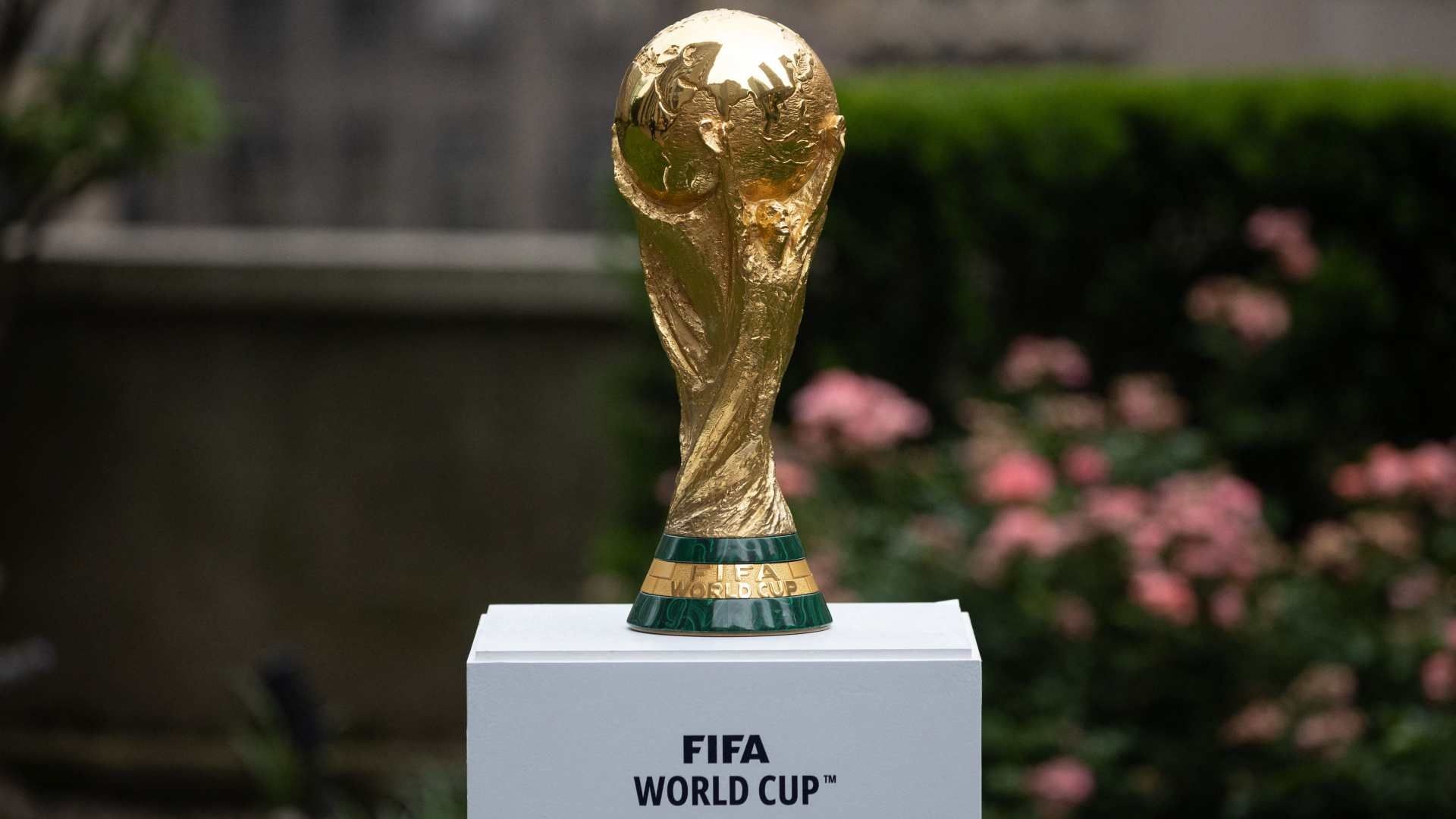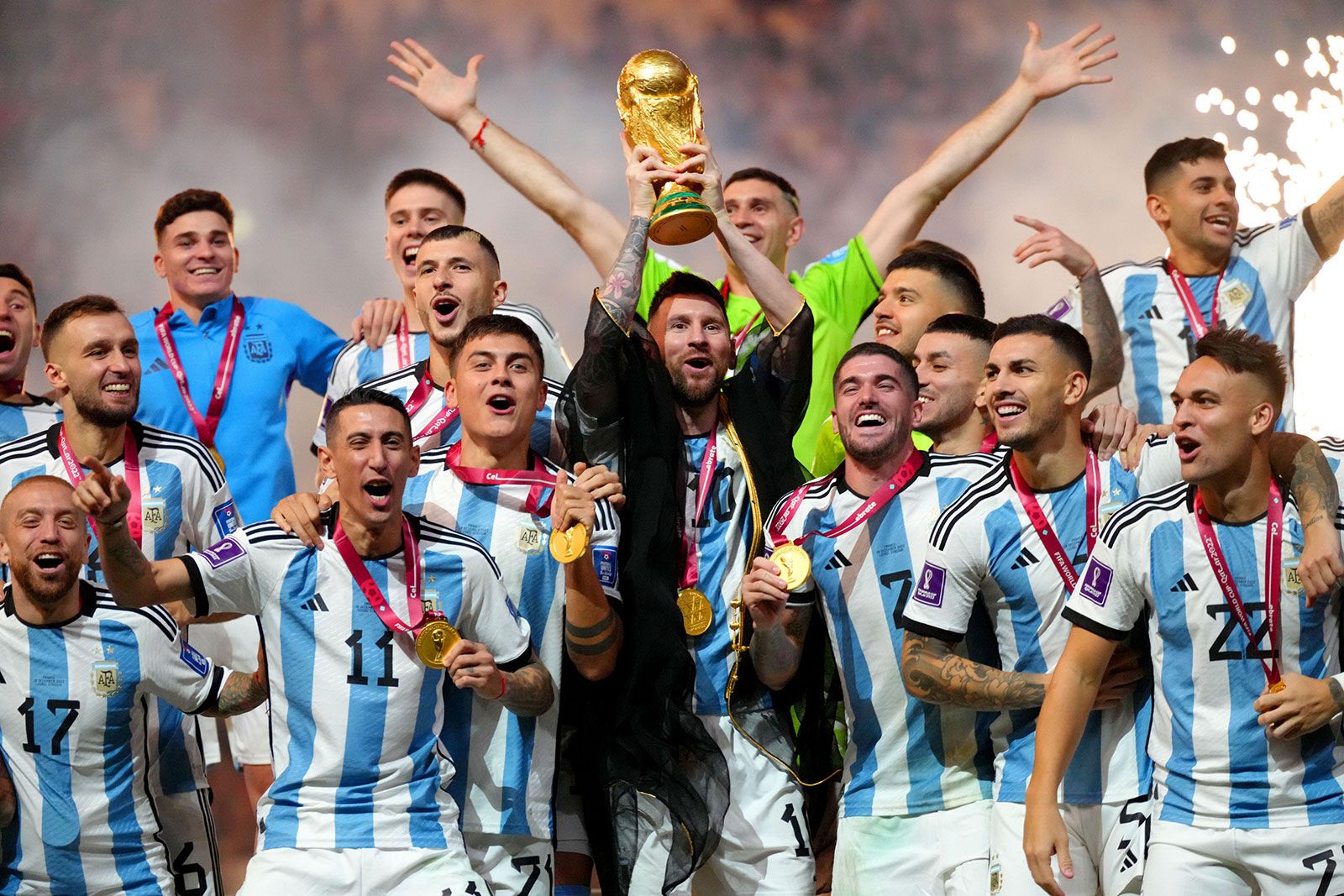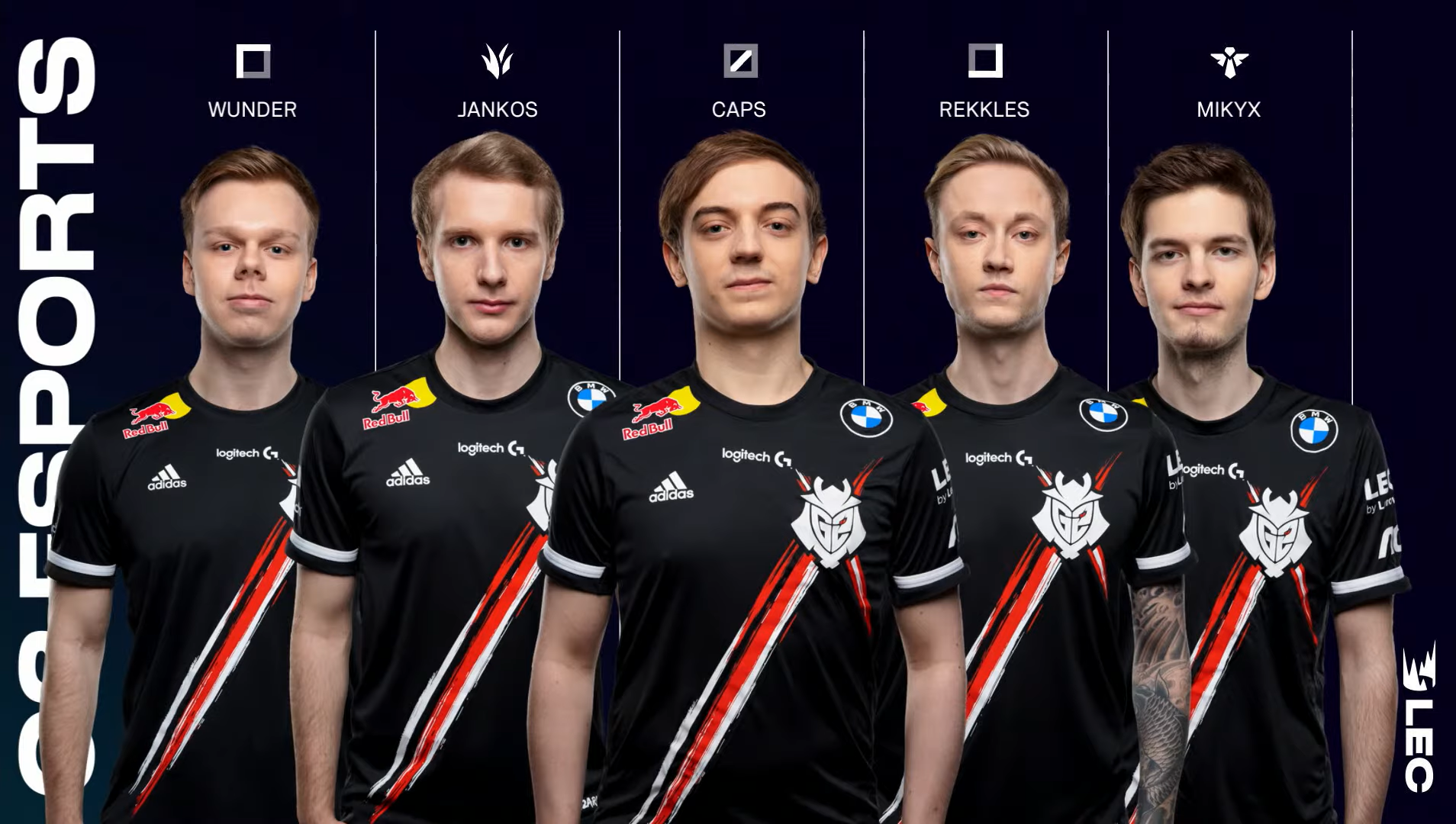The FIFA World Cup, the pinnacle of international football (soccer) competition, is one of the most widely anticipated and watched sporting events in the world. It brings together teams from across the globe, competing for the prestigious title of world champion. But how often is this extraordinary tournament held?

The FIFA World Cup Frequency: Every Four Years
The FIFA World Cup takes place every four years. This four-year cycle has been a tradition since the tournament’s inception in 1930, although there have been exceptions, such as during World War II, when the tournament was not held in 1942 and 1946. The four-year cycle is designed to maintain the competition’s prestige, allowing national teams to evolve, players to mature, and football to continue its growth globally. The next World Cup is scheduled for 2026, making it the latest in a long history of global football contests.
Why Every Four Years?
The decision to hold the World Cup every four years stems from the desire to maintain the tournament’s level of excitement and unpredictability. If the tournament were held more frequently, the novelty and sense of anticipation might diminish, leading to a reduction in the global passion and attention that surrounds the event. Holding the tournament every four years ensures that the teams, players, and fans alike are always looking forward to the next chance at glory. This also gives players time to develop and for new talents to emerge, making the tournament highly competitive and dynamic.
Moreover, four years allows teams to qualify through regional tournaments, ensuring that the best teams from all parts of the world are given an opportunity to participate. Qualifying for the World Cup is no small feat, and the extensive qualification process—lasting several years—adds to the tournament’s prestige.

The History of the FIFA World Cup
The first FIFA World Cup was held in 1930 in Uruguay. At that time, only 13 teams participated, but the tournament has grown exponentially over the years. The 2018 FIFA World Cup in Russia featured 32 teams, a format that has been in place since 1998. The 2026 edition will be even bigger, with 48 teams set to compete. This increase in teams reflects football’s growing global popularity and the desire to give more nations a chance to compete at the highest level.
Throughout its history, the World Cup has been the stage for some of the most memorable moments in sports. From the dominance of Brazil in the 1950s and 1960s to the stunning victories by Germany, Italy, and Argentina, the World Cup has witnessed countless iconic players and teams. Legends like Pelé, Diego Maradona, Zinedine Zidane, and Lionel Messi have all left their mark on the tournament, and each edition of the competition adds to the rich tapestry of football history.
Impact on Global Culture
The FIFA World Cup is more than just a football tournament—it is a cultural phenomenon. Every four years, countries rally behind their national teams, and people from all walks of life come together to support their countries. The event has a unique ability to unite people from different backgrounds, transcending language, culture, and geography. Cities around the world become hubs of excitement during the tournament, and the media coverage ensures that the event reaches millions, if not billions, of people.
Football fans, both casual and die-hard, follow the tournament with incredible passion. National pride is at its peak as fans cheer on their teams, hoping for their country to secure its place in history. The tournament also boosts tourism, as fans travel to host countries to watch the matches in person, making the World Cup a significant economic driver for the host nation.

The Future of the World Cup
Looking ahead, the future of the World Cup appears brighter than ever. With the expansion to 48 teams in 2026, the tournament will become even more inclusive, and it is expected to showcase an even greater diversity of playing styles and talents. Moreover, the growing popularity of football in regions such as Asia, Africa, and North America means that new footballing powerhouses may emerge, making the competition even more unpredictable and exciting.
In addition, the global nature of the tournament is being further enhanced by technological advancements. From virtual reality experiences to real-time social media interactions, fans can now engage with the World Cup in ways that were unimaginable in the past. The event will continue to adapt and evolve, ensuring that it remains the most popular sporting event on the planet.
Conclusion
In conclusion, the FIFA World Cup is held every four years, a tradition that ensures the tournament maintains its prestige, excitement, and global impact. It is a competition that brings nations together, celebrates the talent and spirit of football, and creates moments of unforgettable sporting history. Whether you are a fan of the game or simply enjoy the spectacle, the World Cup is an event like no other. As we await the next edition in 2026, we can only look forward to more thrilling matches and unforgettable moments.
For those who enjoy not only the spectacle of world-class football but also the excitement of online entertainment, consider exploring platforms like BK8 Online Casino. While the World Cup is all about football, a wide variety of other sports and gaming options are available for enthusiasts seeking additional thrills.














